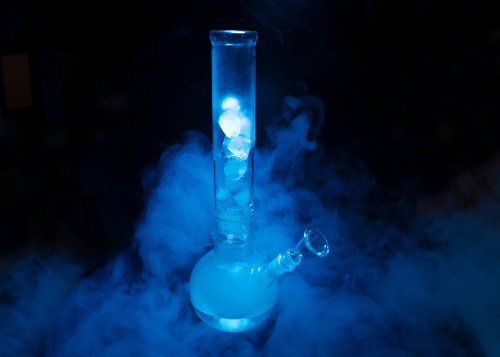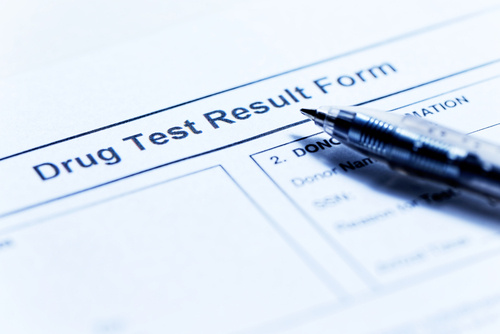How Long Do Drugs Stay In Your System?
There are a variety of drugs available and each has distinct characteristics. Every individual is unique and will have a nuanced reaction when different drugs are introduced into his or her system. There are several contributing factors that will influence the duration of time drugs will remain in one’s system. According to the National Institute on Drug Abuse (NIH) these can include but are not limited to: pre-existing medical conditions/ one’s overall health, individual’s metabolic rate, gender, height, weight, type of drug used, the dosage used, a potency of the drug, etc. The type of drug test used (e.g., breath tests, urine tests, blood tests, saliva tests, hair follicle tests, etc.) and time elapsed after one’s last use can result in different trace amounts of detectible substances in one’s system.
Types Of Drug Tests
Urine tests are fast, convenient, and noninvasive. Urine tests are fairly accurate and are the most common type of drug test used for employers and in situations when random drug tests are required. Blood tests provide a less instantaneous result, and are slightly more invasive, as they require a blood sample. Blood tests provide more accurate levels of intoxication and concentrations of drugs and/ or alcohol present in one’s system. Breath tests are typically used for indicating one’s level of alcohol inebriation and are most commonly used by law enforcement (through a breathalyzer device). Saliva tests are less used nowadays since blood tests and urine tests have become increasingly accurate. Hair follicle tests are the best and most accurate way to detect long-term drug use. Hair tests, however, require a longer processing time to obtain results, unlike blood or urine tests.
How Long Do They Stay In Your System?
Although each person is different, extensive research findings provide general timeframes that certain drugs may be detectable in one’s system. Due to the fact that blood and urine tests are most widely utilized, included below are average time frames related to the specific drugs and their respective detection rate in one’s system via blood tests and urine tests, provided by American Addiction Centers:
- Alcohol: 3-5 days in urine, 10-12 hours in blood
- Amphetamines: 1-3 days in urine and around 12 hours in blood
- Barbiturates: 2-4 days in urine and 1-2 days in blood
- Benzodiazepines: 3-6 weeks in urine and 2-3 days in blood
- Cannabis: 7-30 days in urine and up to 2 weeks in blood
- Cocaine: 3-4 days in urine and 1-2 days in blood
- Codeine: 1 day in urine and up to 12 hours in blood
- Heroin: 3-4 days in urine and up to 12 hours in blood
- LSD: 1-3 days in urine and up to 2-3 hours in blood
- MDMA (ecstasy): 3-4 days in urine and 1-2 days in blood
- Methamphetamine (crystal meth): 3-6 days in urine and 24 – 72 hours in blood
- Methadone: 3-4 days in urine and 24-36 hours in blood
- Morphine: 2-3 days in urine and 6-8 hours in blood
It is important to bear in mind that every individual is different and will metabolize substances at varied rates.
For Information and Support
Substance abuse and addiction can be incredibly dangerous and can result in severe short and long-term consequences. If you or someone you know is suffering from substance abuse or addiction, please get help as soon as possible. The earlier you seek support, the sooner you and your loved ones can return to leading happy, healthy, and fulfilling lives. There is no reason to go through this alone, and we are here to help. Please feel free to reach out to us for further information or with any questions regarding substance abuse or addiction. We are available anytime via telephone at: 213-389-9964, or you can always email us at: info@friendlyhousela.org.



